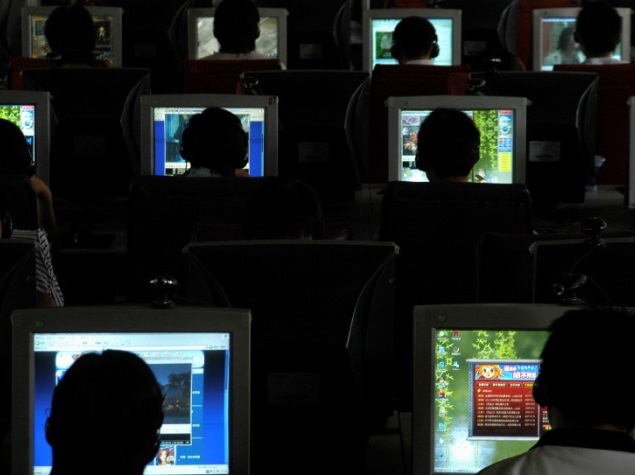Italy Drops Measure Allowing Remote Computer Searches
Advertisement

Italy's parliament on Thursday killed an anti-terrorism measure allowing authorities to spy on the computers of citizens suspected of a range of crimes, which critics said could include offences as trivial as copyright violations.
Opponents in parliament had said the measure, drafted after the January killings in Paris by Islamist gunmen, was too sweeping and would undermine civil liberties.
It went into immediate effect last month when it was passed as part of a broader anti-terrorism decree.
Parliament must approve the decree by the first half of April for it to be definitively converted into law. Prime Minister Matteo Renzi asked that the measure allowing remote computer spying be removed from the decree before it is approved.
The measure would have made Italy "the first European country that explicitly and broadly legalised and authorised the state to conduct remote computer searches and use spyware," said lawmaker Stefano Quintarelli, a member of a small centrist party that supports the governing coalition.
Advertisement
Filippo Bubbico, deputy Interior Minister, said that the government would still discuss ways to allow remote computer access against suspected terrorists within the framework of another bill that is now being discussed in parliament.
Italy's new anti-terrorism laws were used for the first time in an investigation that ended on Wednesday with the arrests of two Albanians and one Italian accused of seeking recruits to fight for the Islamic State in Syria and Iraq.
Advertisement
© Thomson Reuters 2015
For the latest tech news and reviews, follow Gadgets 360 on X, Facebook, WhatsApp, Threads and Google News. For the latest videos on gadgets and tech, subscribe to our YouTube channel. If you want to know everything about top influencers, follow our in-house Who'sThat360 on Instagram and YouTube.
Advertisement
